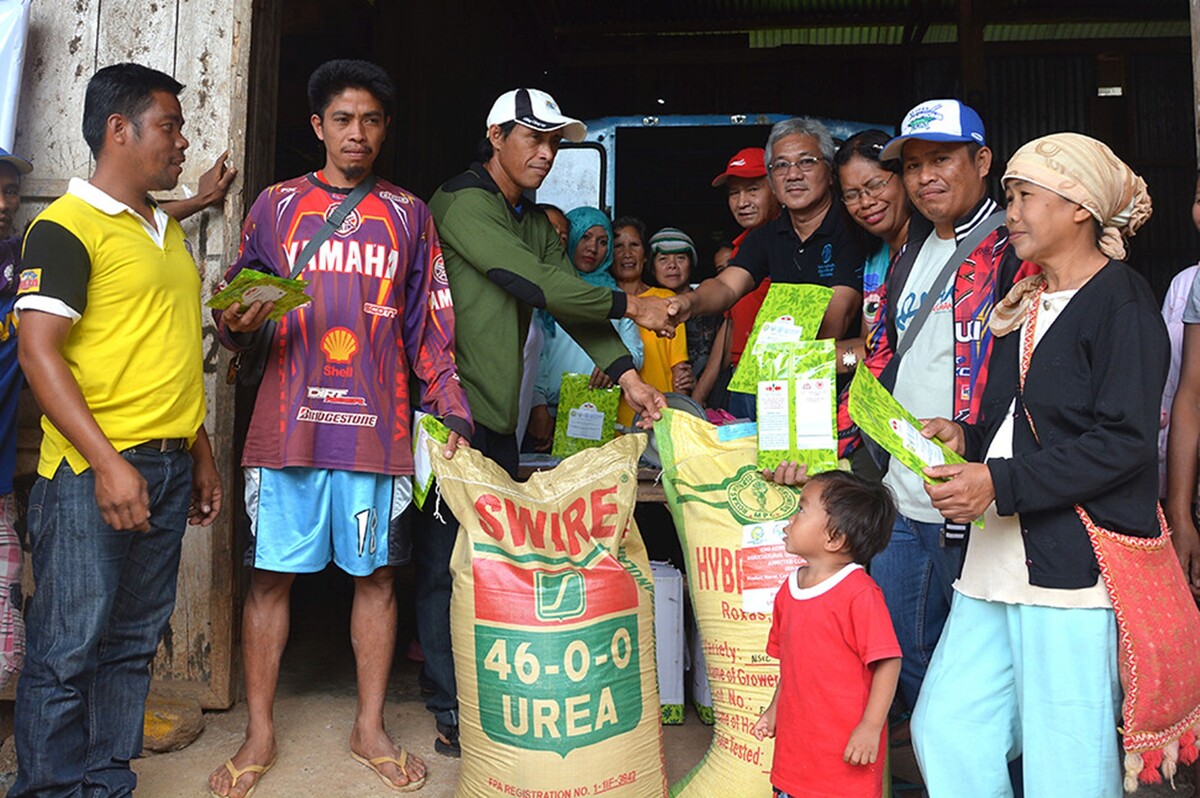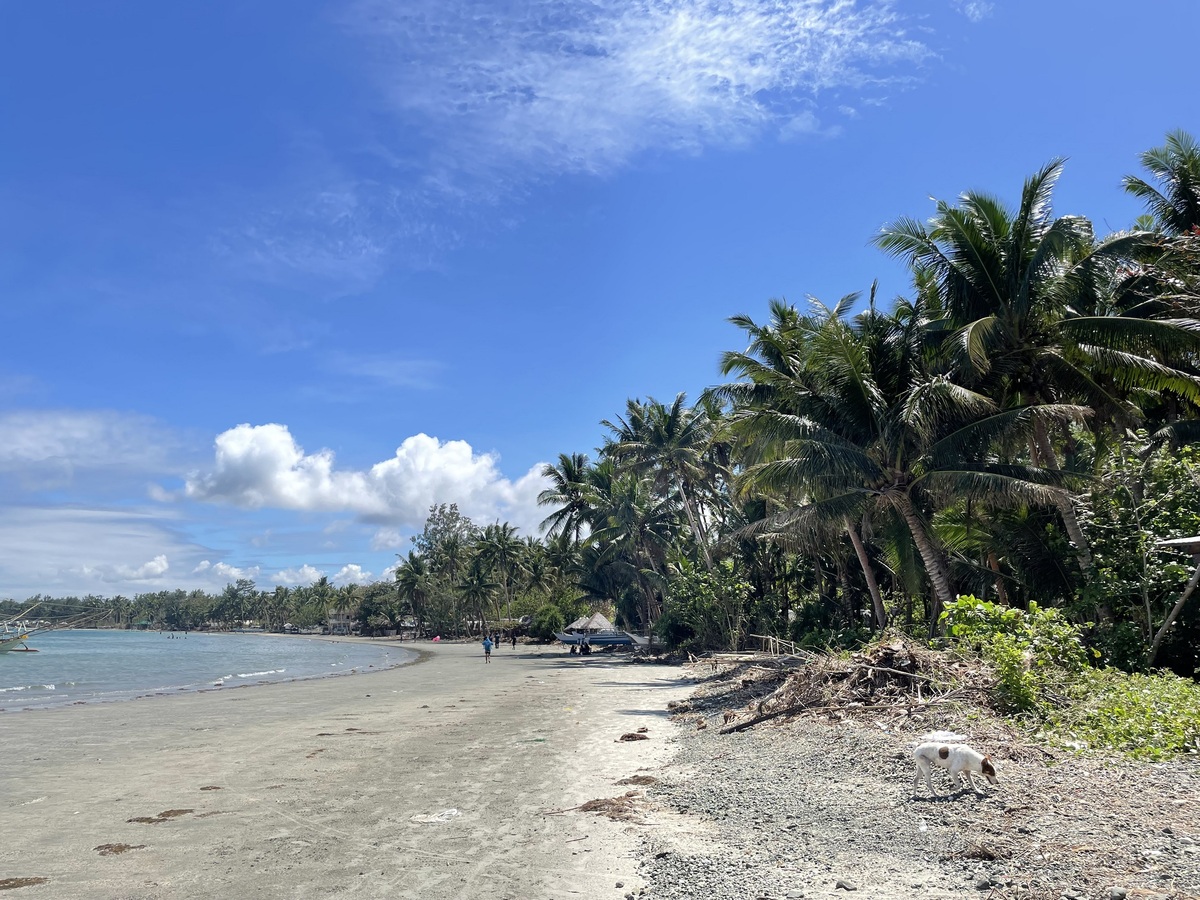
Tangalan coastal area, Panay Island, the Philippines by Kajima Corporation
Issue
The Coral Triangle in the Western Pacific is a biodiverse marine region home to around three-quarters of all coral species. However, it faces degradation from human activities like climate change, coastal development, and overfishing. These factors have a negative impact on marine biodiversity, local fisheries, and tourism.
Solution
As a vital step toward safeguarding the Coral Triangle, the Kajima Corporation (Kajima), in partnership with the Tokyo Institute of Technology (Tokyo Tech) and the University of the Philippines Visayas (UPV), has launched the Integrated Approach for Coral Reef Conservation and Rehabilitation (InCORE [Trademark]) project.
The project’s primary goal is to restore coral reefs near Panay Island in the Philippines. It aspires to establish an innovative integrated approach that can be adopted in various countries in the future.
The InCORE project secured financial support from the Asian Development Bank (ADB) as it was selected from among 34 applications in the “Technology Innovation Challenge for Healthy Oceans – Restore and Protect Coral Reefs” in February 2023. The project is set to run for 18 months.
Project Overview
The Coral Triangle spans the Philippines, Indonesia, Malaysia, Papua New Guinea, Timor-Leste, and the Solomon Islands.
The InCORE project focuses on the coastal area of Tangalan in Aklan Province, situated on Panay Island in the Philippines.
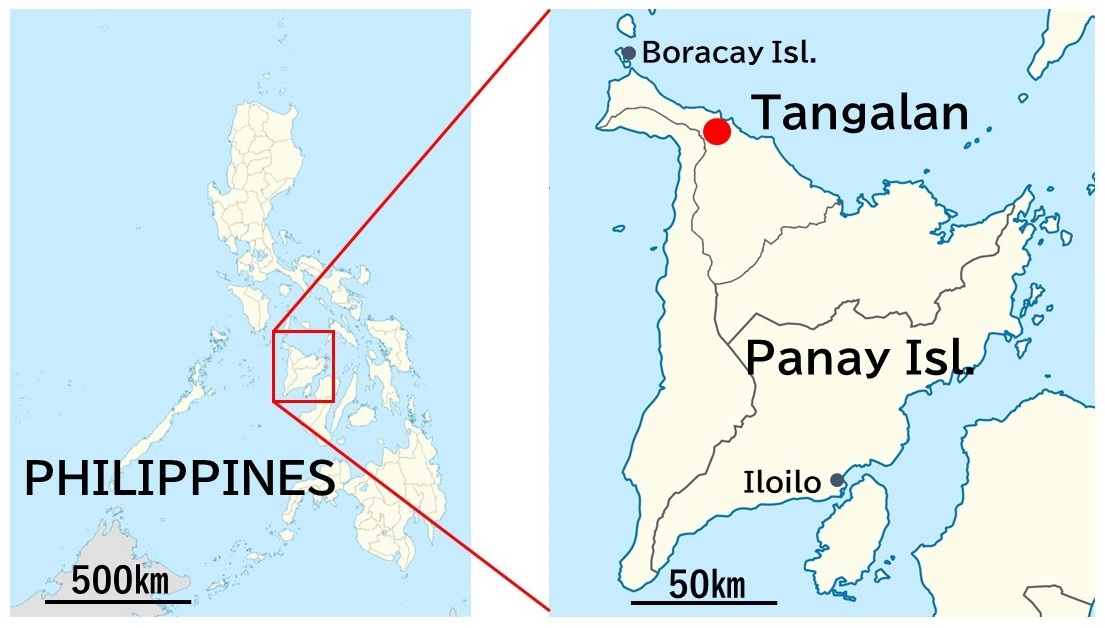
Location of Tangalan
The project aims to implement an integrated approach tailored for local coral reef restoration. The integrated approach involves environmental assessment, coral rehabilitation, and monitoring to validate effectiveness.
Tokyo Tech’s advanced numerical simulation technology will drive the environmental assessment of coral reefs.

Examples of Tokyo Tech's environmental assessment using numerical simulation technology
Panay Island’s corals will be restored using Coral Net [Trademark], Kajima’s innovative coral rehabilitation technology which ensures more stable restoration compared to traditional coral transplantation methods.
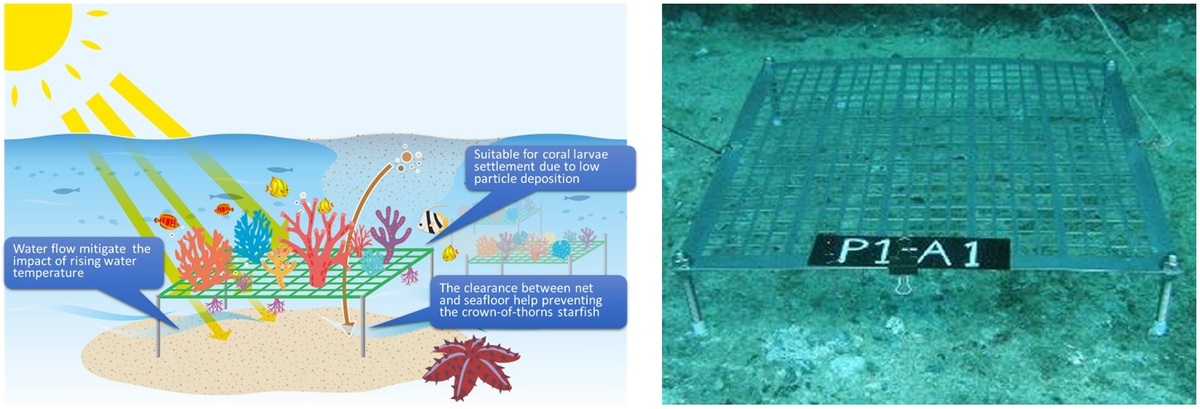
Left: Concept and features of Coral Net. Right: Coral Net - durable type
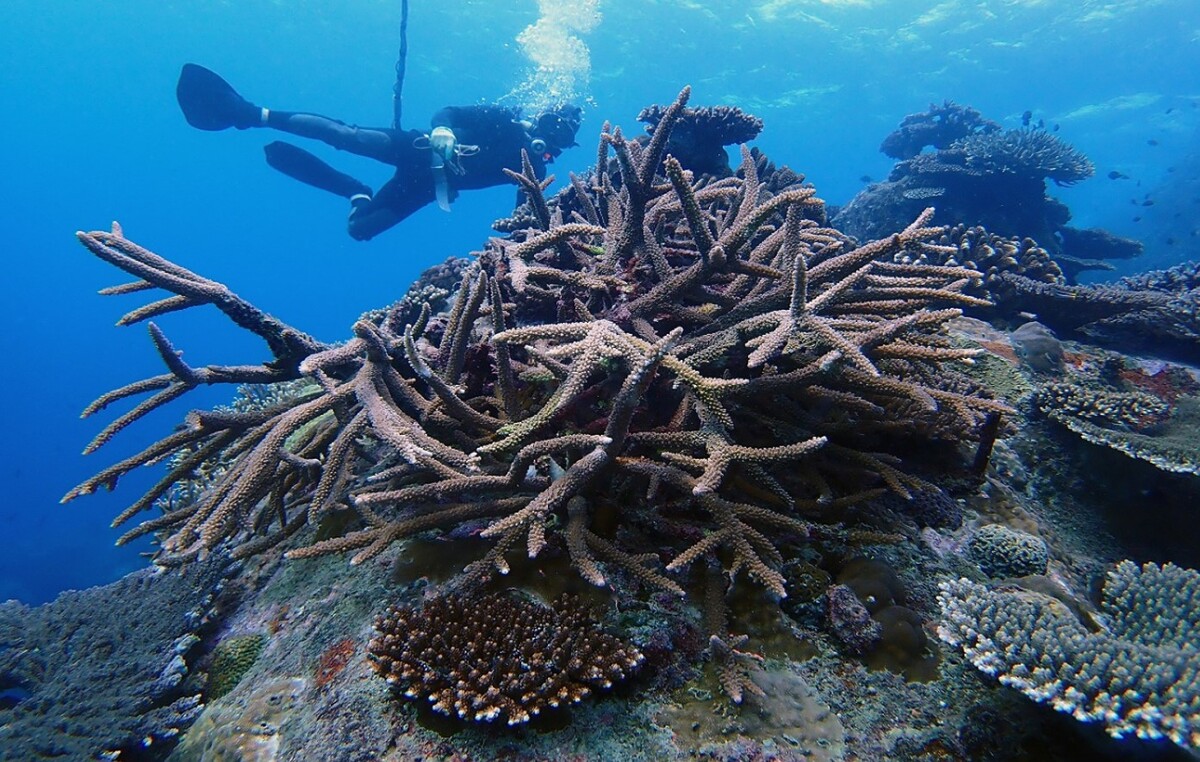
Example of coral restoration using Coral Net in Okinawa, Japan
The University of the Philippines Visayas, the third collaborator, will lead ecological surveys in the region and engage with local stakeholders, including local governments, research institutions, and fishery groups.
Ongoing monitoring, in partnership with local stakeholders, will assess the sustained impact of the integrated approach after coral rehabilitation.
Kajima assumes the responsibility of overseeing project planning and coordination.
With a forward-looking vision, Kajima, Tokyo Tech, and UPV anticipate using the project’s outcomes as a stepping stone for expanding InCORE to coastal areas in other nations, actively contributing to widespread coral reef rehabilitation efforts.
About the Technology Innovation Challenge
The Technology Innovation Challenge (TIC) calls for technology providers to submit proposals that deploy innovative solutions to address a specific development challenge that the Asian Development Bank (ADB) teams have identified. The winning proposal is awarded a grant to accelerate the implementation of the proposed technology solution. TIC is being implemented by the ADB Innovation Hub and is financed on a grant basis by the High-Level Technology Fund and administered by ADB.

Contact
To inquire about the project, please go to Project inquiry via Kajima Corporation contact form in RELATED INFORMATION (below).
Related Information
- Kajima Corporation press release, June 2, 2023 [English]
- Kajima Corporation press release, May 31, 2023 [Japanese]
- Project inquiry via Kajima Corporation contact form
- Asian Development Bank: Technology Innovation Challenge for Healthy Oceans
- Tokyo Institute of Technology website
- University of the Philippines Visayas website


